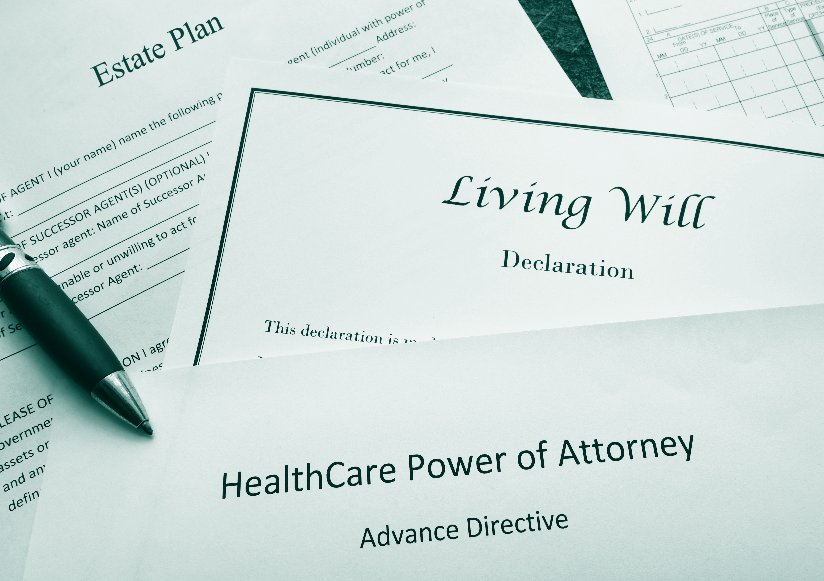An estate plan sets forth how your assets, such as property, money, and stocks, will be distributed after your death. If some time has passed since you last updated your will, it might be important for you to do so now. One reason is because the federal estate law has changed drastically over the last twenty years. An estate is automatically taxed before the assets are distributed if the amount in the estate exceeds the federal exemption. The amount of money you can leave your heirs without paying any federal tax has changed significantly; the federal estate tax exemption has risen from $675,000 in 2001 to $12,060,000 in 2022.
Aside from federal estate taxes, some estates may also have to pay state level taxes. State law regarding tax exemption varies across each state. In Florida, there is no estate tax, but in Massachusetts and Oregon, the estate tax exemption is as low as $1,000,000. If you have recently moved across state lines, you should become familiar with your new state’s estate tax exemption and update your will if necessary.
A change in your marital status is another reason why you must update your will. After getting married, you must revise your will to include your new spouse as a beneficiary and add or remove any property that has been gained or lost due to the marriage. You should also update your will if you have decided to include new beneficiaries, designate a new trustee, or change your end-of-life medical care wishes.
Can a will expire?
A will does not expire. A will executed on your 30th birthday may still be valid 60 years later if the will was validly executed. Although it may still be valid in the eyes of the court, it may become extremely out of date. By the time the testator passes away, the testator may have moved to a new house, opened different bank accounts, had more children, or even changed marital status. Accordingly, certain parts of the will may not take into effect and the testators wishes may not be fulfilled.
How often should I review my will?
A good rule of thumb is to review all your important legal documents, including your will, every time you experience a major life event or, alternatively, every three to five years. Doing so can ensure that all your affairs are in place and that your will correctly lays out your end-of-life desires.
If you think it’s time to update or create a will and trust, our experienced attorneys at EPGD Business Law can help you. Our estate planning attorneys can also help you through the probate process.








